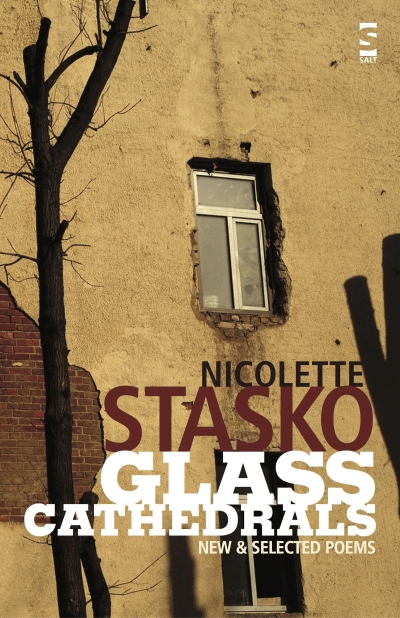The main character in Renata Singer’s novel, The Front of the Family, says ‘What’s past is passed.’ We only have a brief encounter with her before she slumps over dead in her old terry-toweling dressing gown in front of the television. But, in the tradition of Faulkner’s As I Lay Dying, the narrative continues to revolve around the present absence of Zosha Feldman, her past, her life and her complicated relationship with her two daughters, Felunia and Miriam. Indeed, the central question of the novel is whether the past is ever past. As another character remarks, ‘some things you can’t talk about. You can only talk about what you can think about. Better not to think about some things.’
...
(read more)



